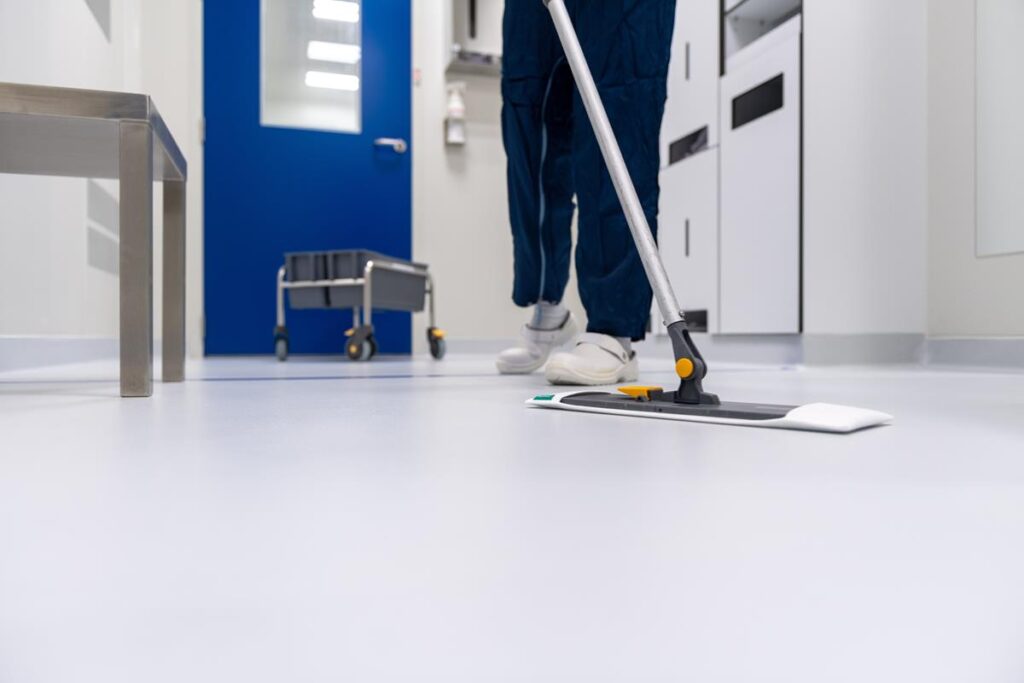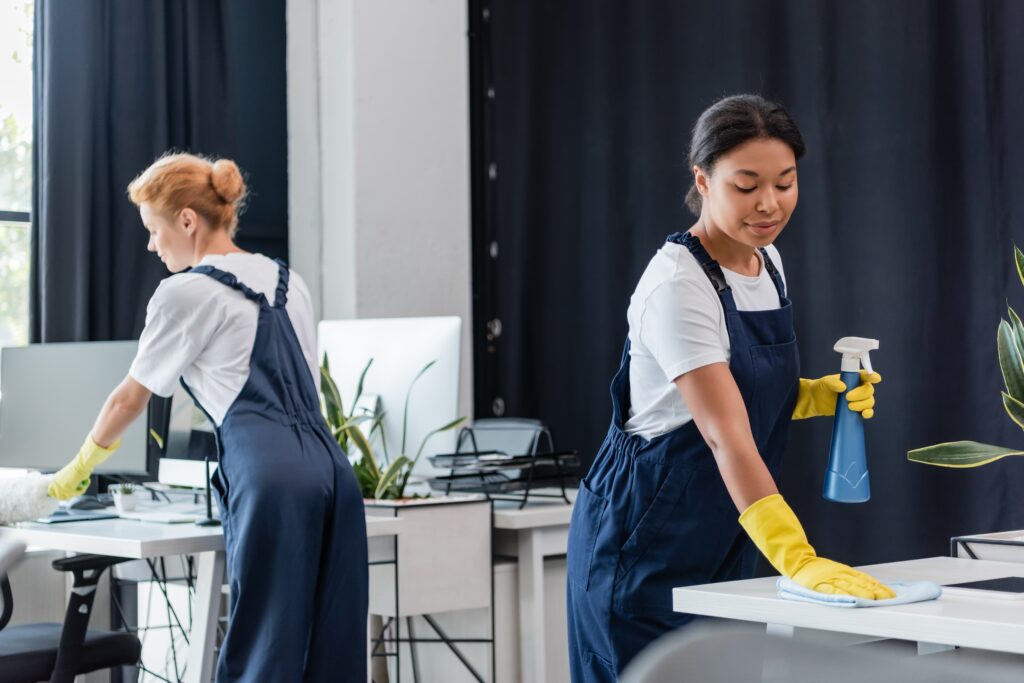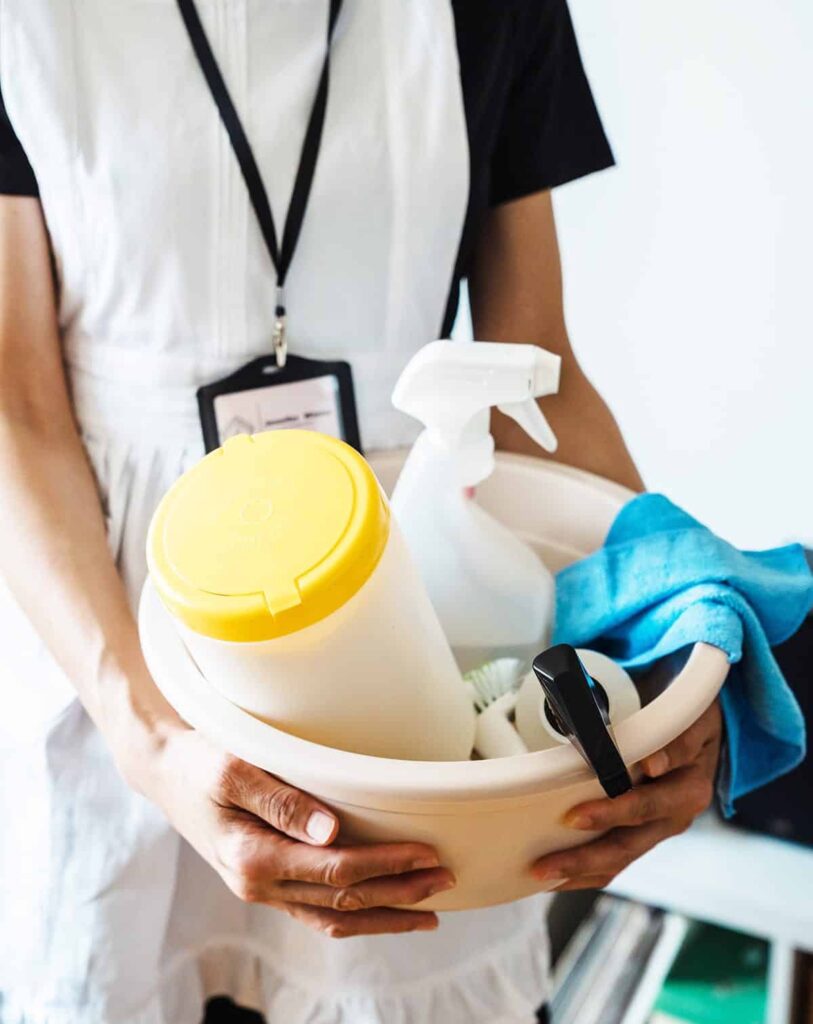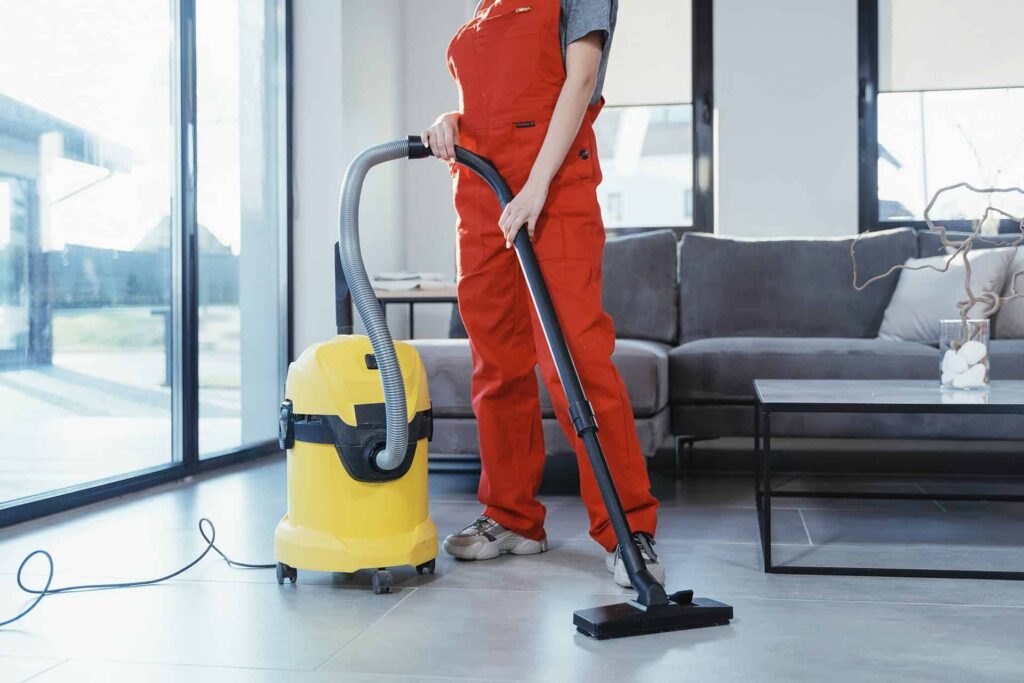Hand Cleaning Tips for Everyone
Hand Cleaning Tips for Everyone
Written by:
Daily activities usually involve touching many different objects and surfaces with your hands. Without thinking about it, your hands often touch unclean surfaces, such as shopping carts and doorknobs. With this ongoing activity, your hands come into contact with germs and bacteria, which could lead to illness. Washing your hands frequently is an important step you can take to prevent the spread of germs and illness.
Germs can enter the body through the mouth, eyes, nose, and open wounds. Coughing or sneezing into a hand will deposit germs there. If you do not wash your hands immediately, you may transfer these germs to others through contact. Shaking someone’s hand or touching surfaces with germs and then touching your eyes, nose, or mouth may transfer these germs to you, which could make you sick. Washing your hands frequently can kill germs that cause gastro-intestinal illnesses like norovirus and E. coli. Hand-washing can also reduce the spread of influenza, colds, staph infections, strep throat, and eye infections.
Germs can be very resilient. Viruses might remain on a dry and smooth surface for up to 20 minutes after initial contamination. Some bacteria, including E. coli and salmonella, can remain on surfaces for up to two hours after contamination. Bacteria typically double on a surface every 20 minutes. Disinfect and sanitize surfaces regularly, even if they do not appear to be dirty. Washing surfaces with a disinfecting cleaner that contains chlorine bleach can be another way to minimize the spread of germs and illness.
Washing your hands before and after specific activities can help reduce the spread of germs. Always wash your hands before touching food, whether you will be preparing it or eating it. Whenever you prepare meat, fish or poultry, wash your hands again after you finish working with these foods to avoid transferring harmful bacteria to other foods or surfaces. Always wash your hands after using the toilet, assisting someone else on the toilet, or changing a diaper. Anytime you must touch a cut or wound, wash your hands thoroughly before and after the procedure to avoid the spread of germs. Animal care also requires hand-washing for cleanliness. Wash your hands after feeding, touching, or cleaning up after an animal. To avoid spreading illness, always wash your hands after blowing your nose, sneezing, or coughing. Because germs enter the eyes, nose, and mouth, always wash your hands before touching these areas. For example, always wash your hands before inserting or removing contact lenses. Finally, anytime you touch something dirty, such as garbage, wash your hands thoroughly.
The actual procedure you use to wash your hands is also important for effective cleaning. Cold or warm water alone cannot kill germs, so lathering with soap is essential when washing hands. The recommended hand-washing process involves first running hands under warm water to get them wet. Turn the water off and apply soap generously to your hands. Rub your hands together to work the soap into a rich lather. As you rub, focus on areas between fingers, on the backs of your hands, and under fingernails to remove germs that may be lurking in these places. Hand-scrubbing time should last for at least 20 seconds for maximum effectiveness. Educators often teach children to sing a verse of their favorite song while scrubbing to ensure that they scrub for at least 20 seconds. After scrubbing, turn the water on again and rinse your hands thoroughly. To dry hands, always use a clean towel or simply allow them to air dry.
If soap and running water are unavailable for hand-washing, antibacterial hand sanitizer may suffice. Hand sanitizer can eliminate some germs, but this product is not as effective as soap and water, and it will not kill all germs. The hand sanitizer must contain at least 60 percent alcohol to be effective. To use hand sanitizer, consult the label to learn the recommended amount of product, and apply this amount of gel to the palm of one hand. Rub your hands together thoroughly to coat all surfaces with the hand sanitizer. Continue rubbing until your hands are dry.
The following resources provide information about germs and instructions for effective hand-washing:
- Hand-Washing
- Wash Hands and Surfaces Often
- Teaching Hand-Washing
- Hand-Washing
- Hand-Washing Songs
- Hand-Washing Lesson Plans for Kids
- Hand-Washing: Clean Hands Save Lives
- Hand-Washing Do’s and Don’ts
- Hand Hygiene
- Hand-Washing Techniques
- Hand Hygiene Recommendations
- Excessively Washing Hands
- Wash Your Hands!




